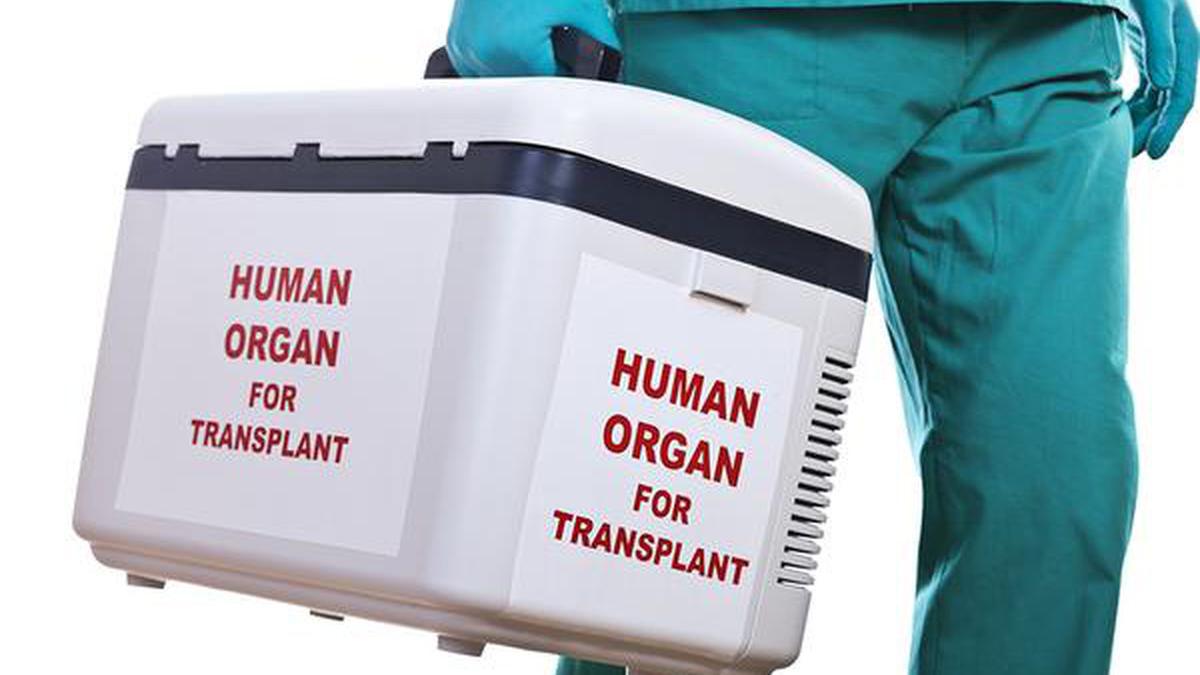In an effort to enhance transparency and accountability in organ transplantation, health authorities have introduced the National Organ and Tissue Transplant Organization (NOTTO) unique identifier system.
Importance of NOTTO-IDs
- Transparency and Traceability: NOTTO-IDs provide a unique identifier for every transplant case, enabling seamless tracking from donor to recipient.
- Addressing Challenges: The initiative aims to tackle issues like coordination, malpractice, and post-transplant monitoring.
- Ethical Conduct: NOTTO-IDs ensure ethical conduct by providing comprehensive information on donor-recipient matches, organ procurement, surgeries, and post-operative care.
- Combating Illegal Practices: Transparency discourages organ trafficking and illegal transplant practices.
Benefits of NOTTO-IDs
- Improved Data Collection: Facilitates evidence-based policymaking and resource allocation.
- Insight Generation: Standardized tracking enables insights into trends, disparities, and challenges.
- Optimized Allocation: Helps optimize organ allocation strategies, leading to better patient outcomes.
Implementation Strategy
- Training Programs: Rigorous training programs will be conducted to familiarize stakeholders with the NOTTO-ID system.
- Support Mechanisms: Support mechanisms will be provided to ensure seamless integration and compliance across healthcare facilities.
Multiple Choice Questions (MCQs):
- What does NOTTO stand for?
- A) National Organization for Transplant Tracking and Oversight
- B) National Organ and Tissue Transplant Organization
- C) National Organ Transplant Tracking Office
- D) National Oversight for Tissue Transplants
- Answer: B) National Organ and Tissue Transplant Organization
- What is the primary purpose of NOTTO-IDs?
- A) To increase the cost of organ transplantation procedures
- B) To provide comprehensive information on donor-recipient matches
- C) To reduce the number of available organs for transplantation
- D) To promote illegal organ trafficking
- Answer: B) To provide comprehensive information on donor-recipient matches
- How do NOTTO-IDs contribute to combating illegal transplant practices?
- A) By increasing the complexity of the transplantation process
- B) By facilitating transparency and discouraging illegal practices
- C) By reducing the accountability of healthcare providers
- D) By limiting access to transplant procedures
- Answer: B) By facilitating transparency and discouraging illegal practices
- What is one of the benefits of implementing NOTTO-IDs?
- A) Reduced transparency in organ transplantation procedures
- B) Increased disparities in organ allocation
- C) Improved data collection for evidence-based policymaking
- D) Decreased accountability in healthcare facilities
- Answer: C) Improved data collection for evidence-based policymaking
